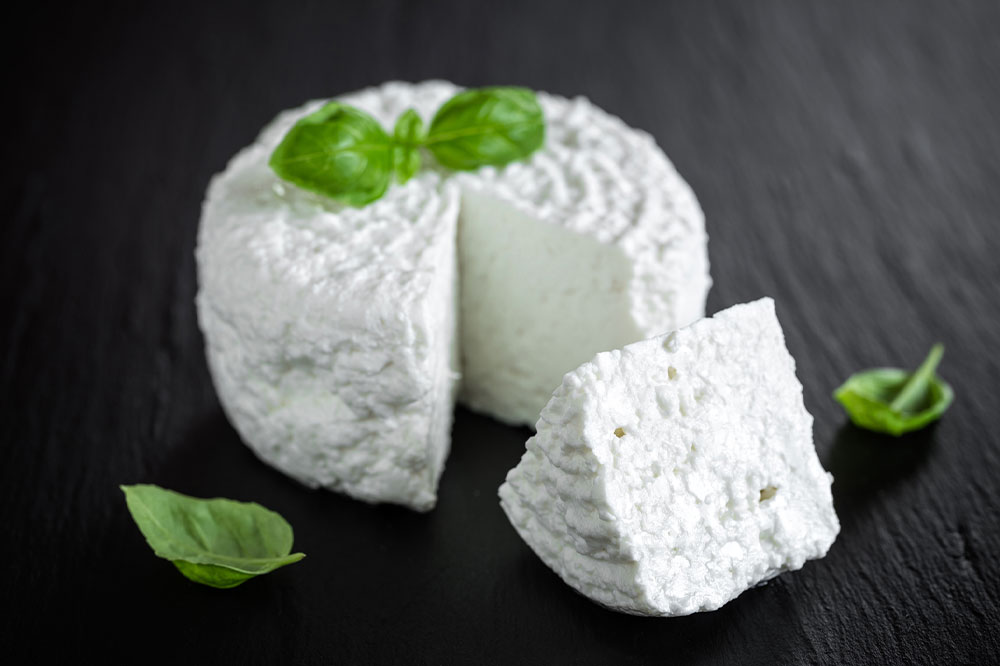
Top 6 sources of vitamin B12
Vitamin B12 is a vital nutrient that usually comes from different foods and supplements as the human body cannot produce it. Nursing or pregnant mothers and vegetarians are most susceptible to vitamin B12 deficiency, which can negatively affect the nervous system and important bodily functions. So, it is important to add the right kinds of foods to your meals to meet the nutritional requirements. Here are a few excellent sources of this vitamin:
Feta cheese
This is an excellent source of vitamin B12 and is rich in other nutrients like calcium and riboflavin. Feta is made from sheep milk or a mix of goat and sheep milk. Feta cheese made from raw goat or sheep milk can offer better health and nutritional benefits. Additionally, the high riboflavin content helps reduce the frequency of headaches, even migraines, for some people.
Fortified breakfast cereals
Adding nutrients to foods to increase their health benefits is known as food fortification. So, fortified cereals are great sources of vitamin B12 for vegetarians and vegans, as they are not derived from animal sources. Though this food item is not considered a necessary addition to healthy meals, it can offer a great way to manage one’s B12 levels. Alternatively, you can choose healthier breakfast cereals made from whole grains, and those that do not contain added sugar or other harmful ingredients.
Nutritional yeast
This is an excellent ingredient to cook with and is a great food topper for vegan and vegetarian meals. It is a popular species of yeast that provides a savory flavor to the food. However, nutritional yeast does not naturally contain vitamin B12, but it is usually fortified. This food item also contains other vitamins and essential nutrients like proteins and minerals. Just 16 grams of fortified yeast can provide 56 milligrams of niacin, 8 grams of protein, 9mg of thiamine, 12mg of vitamin B6, and 24 micrograms of vitamin B12.
Yogurt
While yogurt and milk contain calcium, vitamin B12, and protein, yogurt is also a rich source of probiotics. This can feed the gut’s good bacteria that facilitate digestion, prevent diseases, and aid in the absorption of vitamins. However, opt for plain Greek yogurt as flavored ones contain high sugar content, increasing the risk of heart diseases and diabetes.
Yeast extract spread
This is a brown, savory, and sticky spread that people in certain countries add to their toast or crackers. This might not have a universal appeal, but yeast extract spreads like those produced by Marmite are rich in vitamin B12. However, portion control is important with this food item as it contains high sodium content.
Plant-based milk
Fortified non-dairy milk can also help increase your nutrient intake as an alternative to cow milk. Plant-based milk like soy, coconut, oat, and almond milk are all fortified items rich in B12. They can be added to baked goods, coffee, and smoothies, especially for those following a vegan regimen.
Why do you need vitamin B12?
The nutrient plays an important role in keeping the body’s cells healthy. This is how it helps the human body and its processes:
Forms healthy RBCs
Helping the body form red blood cells is one of the primary functions of this vitamin. This is a crucial benefit as RBCs transport oxygen across the body, and this oxygen is converted into energy to help the body function. RBCs tend to increase in size if the body does not get adequate amounts of B12, making it harder for the cells to travel through the blood. This can result in anemia. Additionally, the nutrient also helps in the synthesis of DNA—the building block for all body cells.
Helps with brain function
With age, the body needs vitamin B12 to maintain brain health. Studies suggest that this vitamin helps prevent cognitive decline. People with vitamin B12 deficiency, especially older adults, may experience issues with their cognition and memory. The nutrient is also associated with protection against the loss of neurons.
Lowers the risk of macular degeneration
Some studies suggest that B12 deficiency can aggravate your risk of developing age-related macular degeneration. The condition can lead to a gradual vision loss and is common in people over 50. Since the nutrient supports the formation of healthy red blood cells, adding it to meals can lower your susceptibility to many diseases.
Boosts energy levels
People with low vitamin B12 levels often struggle with fatigue and weakness as the nutrient can aid in energy production. B12 supplements are often associated with increased energy levels, however, one should use them after consulting with doctors and nutritionists.




